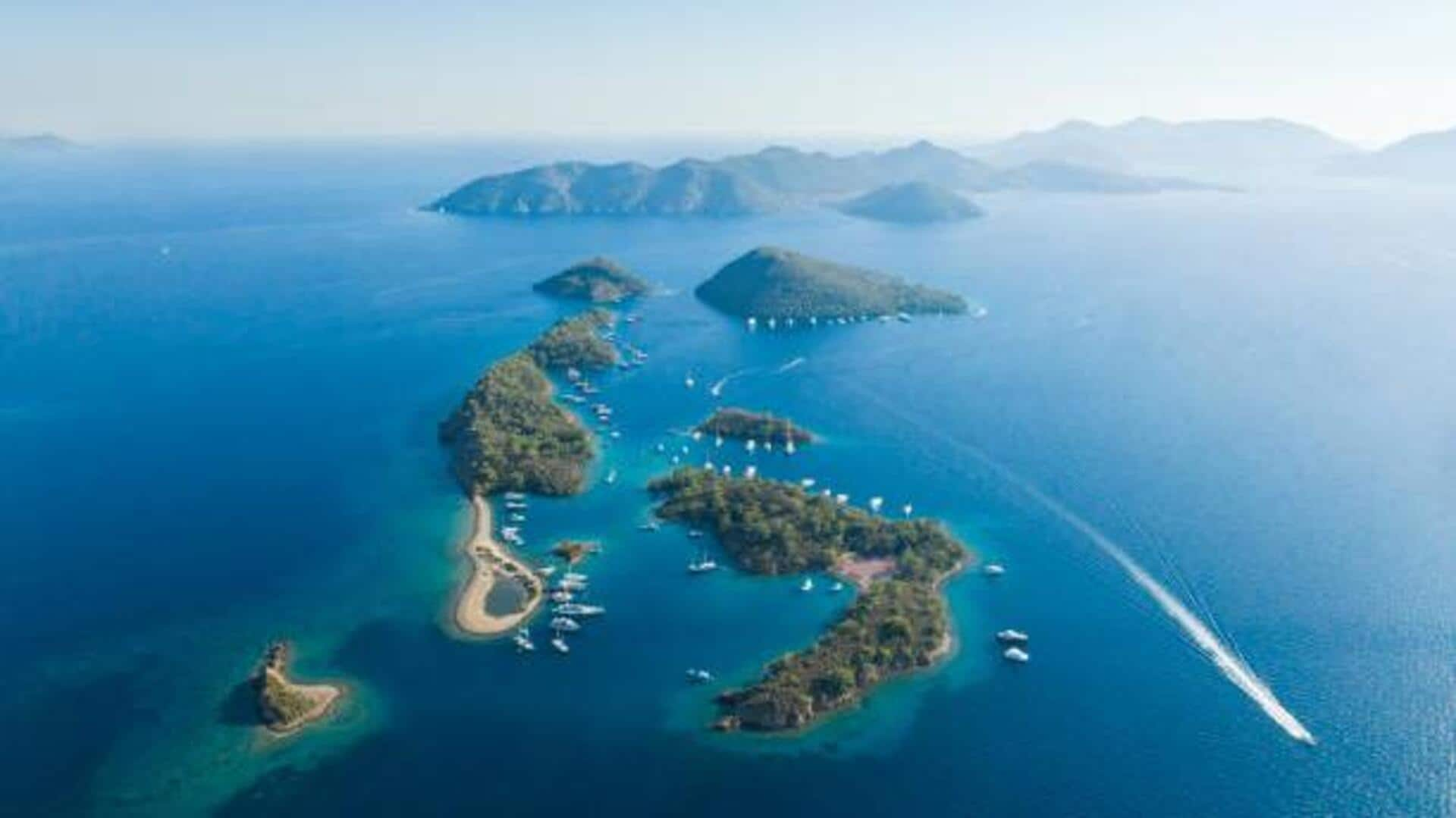
How Aegean Islands are redefining eco-tourism
What's the story
The Aegean Sea, tucked between Greece and Turkey, hosts several islands that are going green. These islands provide the perfect combination of nature and sustainable living. From renewable energy projects to conservation efforts, these places are leading the way for responsible tourism. Visiting these islands is a chance to witness pristine landscapes while playing the part of an environment-friendly traveler.
Green power
Renewable energy initiatives
Several Aegean islands have turned towards renewable sources of energy to minimize their carbon footprint. Wind turbines and solar panels are becoming increasingly common, powering local communities with clean energy. For example, Tilos Island has become a role model for sustainable living by relying largely on wind and solar power. This move not only reduces the dependence on fossil fuels but also encourages energy independence.
Protecting nature
Conservation efforts
Conservation projects are crucial in preserving the unique ecosystems of the Aegean islands. Many islands have created protected areas to protect native flora and fauna. These efforts include reforestation projects and marine conservation programs to protect endangered species like sea turtles. By prioritizing biodiversity, these initiatives ensure that natural habitats remain intact for future generations.
Responsible travel
Sustainable tourism practices
Eco-friendly tourism is picking up across the Aegean Sea as more people look for sustainable modes of travel. Local businesses are embracing practices like waste reduction, recycling programs, and eco-friendly accommodations. Tourists can also get involved in activities like guided nature walks or volunteering with local conservation groups, helping the environment while enjoying their stay.
Farm fresh produce
Organic agriculture development
As part of a wider commitment to sustainability, organic farming has been thriving on several Aegean islands. Farmers stick to traditional methods, without synthetic fertilizers or pesticides, to grow fresh fruits and vegetables that boost local economies. Visitors can savor farm-to-table dining experiences with organic produce grown right on the island, encouraging healthy eating habits along with environmental stewardship.
Local engagement
Community involvement programs
Community involvement is critical to pushing eco-friendly initiatives throughout these islands. Locals get involved in sustainability education workshops and environmental awareness campaigns to reduce waste generation by 20%. The locals and tourists work together, creating a sense of responsibility towards sustaining the ecological balance of this region's fragile ecosystems.